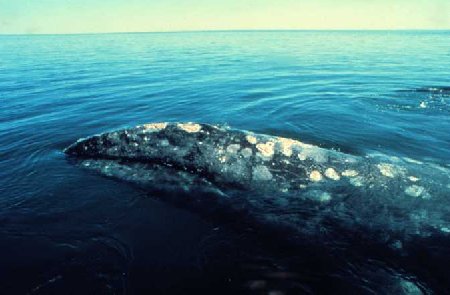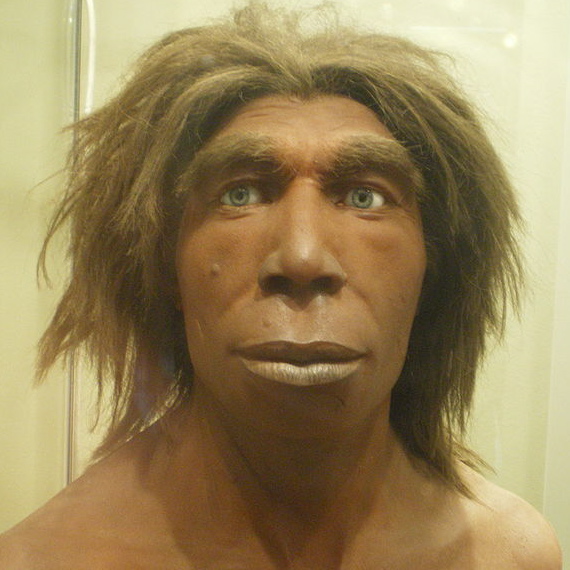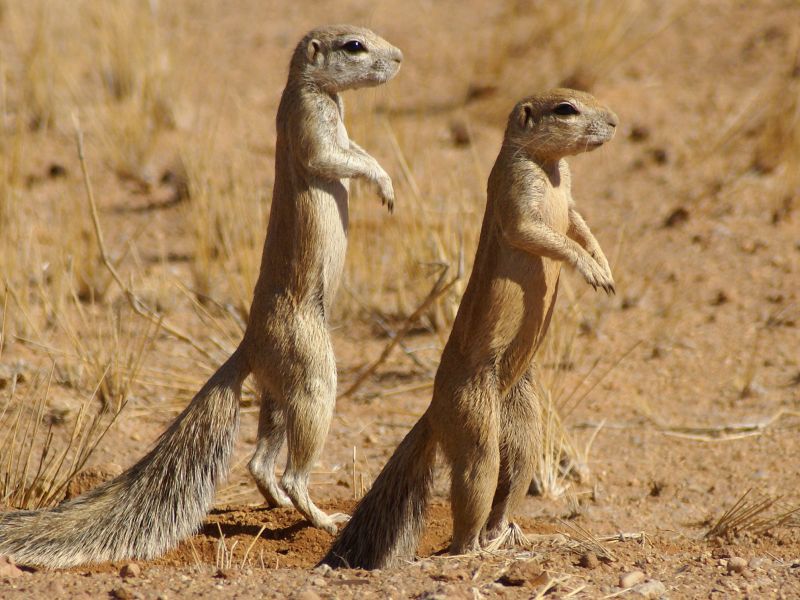A sampling of new science papers, explained in a sentence.
A new paper in Proceedings of the Royal Society B using data from the Continuous Plankton Recorder shows recruitment of young North Sea cod is stronger in cold years than warm years, leading the authors to predict that a full recovery of this stock is unlikely until our warming world cools again.
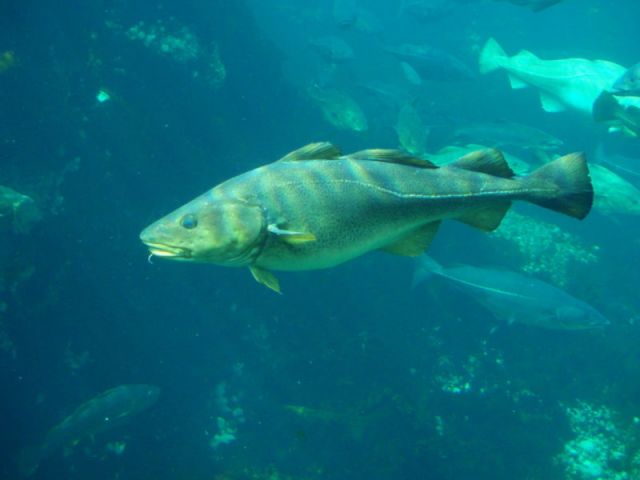 Credit: Hans-Petter Fjeld, courtesy Wikimedia Commons.
Credit: Hans-Petter Fjeld, courtesy Wikimedia Commons.
A study in PLoS ONE suggests the meat of game animals (red-legged partridge) killed with controversial lead shot is more dangerous to people if eaten cooked rather than raw—and even worse if cooked in acidic recipes, say, with vinegar or wine.
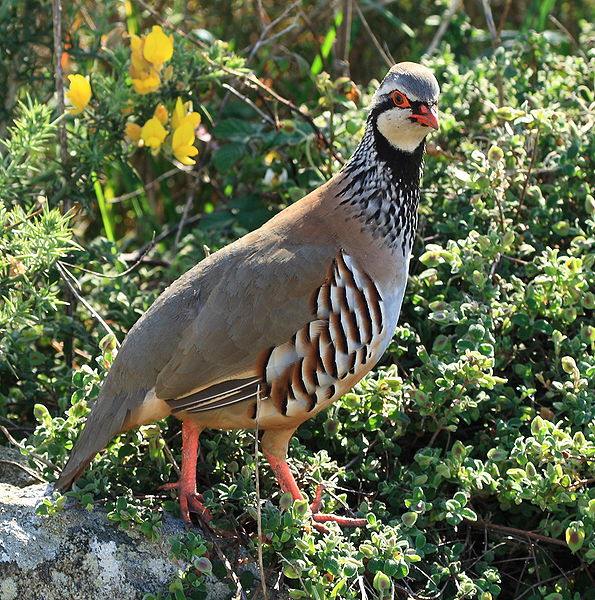 Credit: PERDIZ ROJA (Alectoris rufa)1, courtesy Wikimedia Commons.
Credit: PERDIZ ROJA (Alectoris rufa)1, courtesy Wikimedia Commons.
Forthcoming in Marine Ecology Progress Series, a paper hypothesizing that emperor penguins gain enough speed underwater to launch into the air and onto sea ice by using “air lubrication”—air bubbles trapped in feathers at dive onset then shed during ascent—a form of drag reduction engineers have learned to use to speed ships and torpedoes through the water.
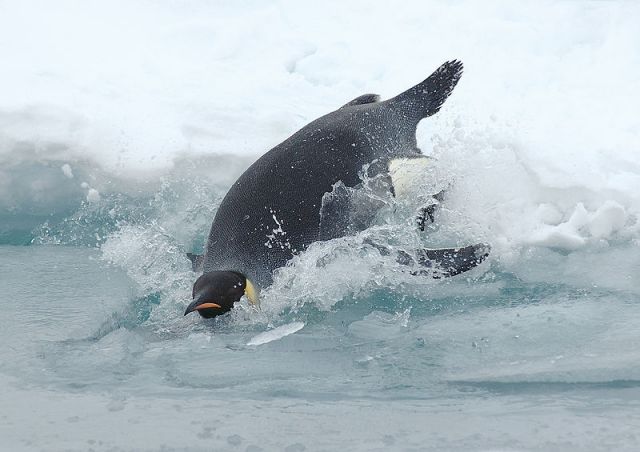 Credit: Antarctic Photo Library of the US Antarctic Program, courtesy Wikimedia Commons.
Credit: Antarctic Photo Library of the US Antarctic Program, courtesy Wikimedia Commons.
The papers:
- Esben Moland Olsen, Geir Ottersen, Marcos Llope, Kung-Sik Chan, Grégory Beaugrand and Nils Chr. Stenseth. Spawning stock and recruitment in North Sea cod shaped by food and climate. PRSB. DOI
- Rafael Mateo, Ana R. Baos, Dolors Vidal, Pablo R. Camarero, Monica Martinez-Haro, Mark A. Taggart. Bioaccessibility of Pb from Ammunition in Game Meat Is Affected by Cooking Treatment. PLoS ONE. DOI: 10.1371/journal.pone.0015892
- John Davenport, Roger N. Hughes, Marc Shorten, Poul S. Larsen. Drag reduction by air release promotes fast ascent in jumping Emperor Penguins—a novel hypothesis. MEPS. DOI: 10.3354/meps08868
